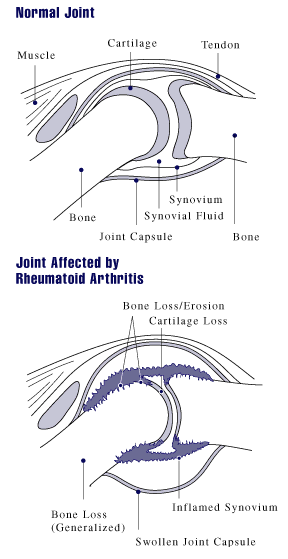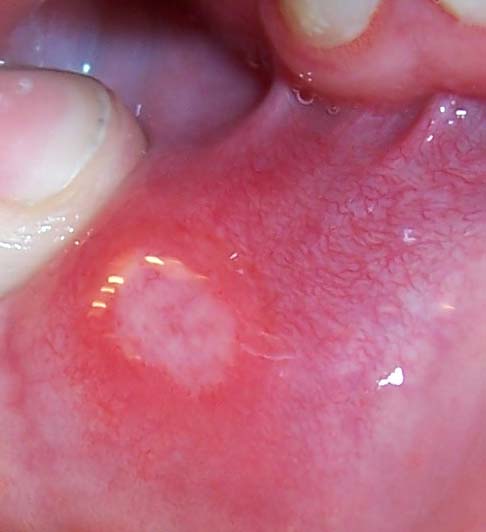|
T-cell Vaccination
T-cell vaccination is immunization with inactivated autoreactive T cells. The concept of T-cell vaccination is, at least partially, analogous to classical vaccination against infectious disease. However, the agents to be eliminated or neutralized are not foreign microbial agents but a pathogenic autoreactive T-cell population. Research on T-cell vaccination so far has focused mostly on multiple sclerosis and to a lesser extent on rheumatoid arthritis, Crohn's disease and AIDS The HIV, human immunodeficiency virus (HIV) is a retrovirus that attacks the immune system. Without treatment, it can lead to a spectrum of conditions including acquired immunodeficiency syndrome (AIDS). It is a Preventive healthcare, pr .... References Immunology {{vaccine-stub ... [...More Info...] [...Related Items...] OR: [Wikipedia] [Google] [Baidu] |
Immunization
Immunization, or immunisation, is the process by which an individual's immune system becomes fortified against an infectious agent (known as the antigen, immunogen). When this system is exposed to molecules that are foreign to the body, called ''non-self'', it will orchestrate an immune response, and it will also develop the ability to quickly respond to a subsequent encounter because of immunological memory. This is a function of the adaptive immune system. Therefore, by exposing a human, or an animal, to an immunogen in a controlled way, its body can learn to protect itself: this is called active immunization. The most important elements of the immune system that are improved by immunization are the T cells, B cells, and the Antibody, antibodies B cells produce. Memory B cells and memory T cells are responsible for a swift response to a second encounter with a foreign molecule. Passive immunization is direct introduction of these elements into the body, instead of production of ... [...More Info...] [...Related Items...] OR: [Wikipedia] [Google] [Baidu] |
T Cell
T cells (also known as T lymphocytes) are an important part of the immune system and play a central role in the adaptive immune response. T cells can be distinguished from other lymphocytes by the presence of a T-cell receptor (TCR) on their cell surface receptor, cell surface. T cells are born from hematopoietic stem cells, found in the bone marrow. Developing T cells then migrate to the thymus gland to develop (or mature). T cells derive their name from the thymus. After migration to the thymus, the precursor cells mature into several distinct types of T cells. T cell differentiation also continues after they have left the thymus. Groups of specific, differentiated T cell subtypes have a variety of important functions in controlling and shaping the immune response. One of these functions is immune-mediated cell death, and it is carried out by two major subtypes: Cytotoxic T cell, CD8+ "killer" (cytotoxic) and T helper cell, CD4+ "helper" T cells. (These are named for the presen ... [...More Info...] [...Related Items...] OR: [Wikipedia] [Google] [Baidu] |
Multiple Sclerosis
Multiple sclerosis (MS) is an autoimmune disease resulting in damage to myelinthe insulating covers of nerve cellsin the brain and spinal cord. As a demyelinating disease, MS disrupts the nervous system's ability to Action potential, transmit signals, resulting in a range of signs and symptoms, including physical, cognitive disability, mental, and sometimes psychiatric problems. Symptoms include double vision, vision loss, eye pain, muscle weakness, and loss of Sensation (psychology), sensation or coordination. MS takes several forms, with new symptoms either occurring in isolated attacks (relapsing forms) or building up over time (progressive forms). In relapsing forms of MS, symptoms may disappear completely between attacks, although some permanent neurological problems often remain, especially as the disease advances. In progressive forms of MS, bodily function slowly deteriorates once symptoms manifest and will steadily worsen if left untreated. While its cause is unclear, ... [...More Info...] [...Related Items...] OR: [Wikipedia] [Google] [Baidu] |
Rheumatoid Arthritis
Rheumatoid arthritis (RA) is a long-term autoimmune disorder that primarily affects synovial joint, joints. It typically results in warm, swollen, and painful joints. Pain and stiffness often worsen following rest. Most commonly, the wrist and hands are involved, with the same joints typically involved on both sides of the body. The disease may also affect other parts of the body, including skin, eyes, lungs, heart, nerves, and blood. This may result in a anemia, low red blood cell count, pleurisy, inflammation around the lungs, and pericarditis, inflammation around the heart. Fever and low energy may also be present. Often, symptoms come on gradually over weeks to months. While the cause of rheumatoid arthritis is not clear, it is believed to involve a combination of genetic and environmental factors. The underlying mechanism involves the body's immune system attacking the joints. This results in inflammation and thickening of the synovium, joint capsule. It also affects the und ... [...More Info...] [...Related Items...] OR: [Wikipedia] [Google] [Baidu] |
Crohn's Disease
Crohn's disease is a type of inflammatory bowel disease (IBD) that may affect any segment of the gastrointestinal tract. Symptoms often include abdominal pain, diarrhea, fever, abdominal distension, and weight loss. Complications outside of the gastrointestinal tract may include anemia, skin rashes, arthritis, uveitis, inflammation of the eye, and fatigue (medical), fatigue. The skin rashes may be due to infections, as well as pyoderma gangrenosum or erythema nodosum. Bowel obstruction may occur as a complication of chronic inflammation, and those with the disease are at greater risk of colon cancer and small bowel cancer. Although the precise causes of Crohn's disease (CD) are unknown, it is believed to be caused by a combination of environmental, Immunity (medical), immune, and bacterial factors in genetically susceptible individuals. It results in a Immune-mediated inflammatory diseases, chronic inflammatory disorder, in which the body's immune system defends the gastrointesti ... [...More Info...] [...Related Items...] OR: [Wikipedia] [Google] [Baidu] |
AIDS
The HIV, human immunodeficiency virus (HIV) is a retrovirus that attacks the immune system. Without treatment, it can lead to a spectrum of conditions including acquired immunodeficiency syndrome (AIDS). It is a Preventive healthcare, preventable disease. It can be managed with treatment and become a manageable chronic health condition. While there is no cure or vaccine for HIV, Management of HIV/AIDS, antiretroviral treatment can slow the course of the disease, and if used before significant disease progression, can extend the life expectancy of someone living with HIV to a nearly standard level. An HIV-positive person on treatment can expect to live a normal life, and die with the virus, not of it. Effective #Treatment, treatment for HIV-positive people (people living with HIV) involves a life-long regimen of medicine to suppress the virus, making the viral load undetectable. Treatment is recommended as soon as the diagnosis is made. An HIV-positive person who has an ... [...More Info...] [...Related Items...] OR: [Wikipedia] [Google] [Baidu] |



